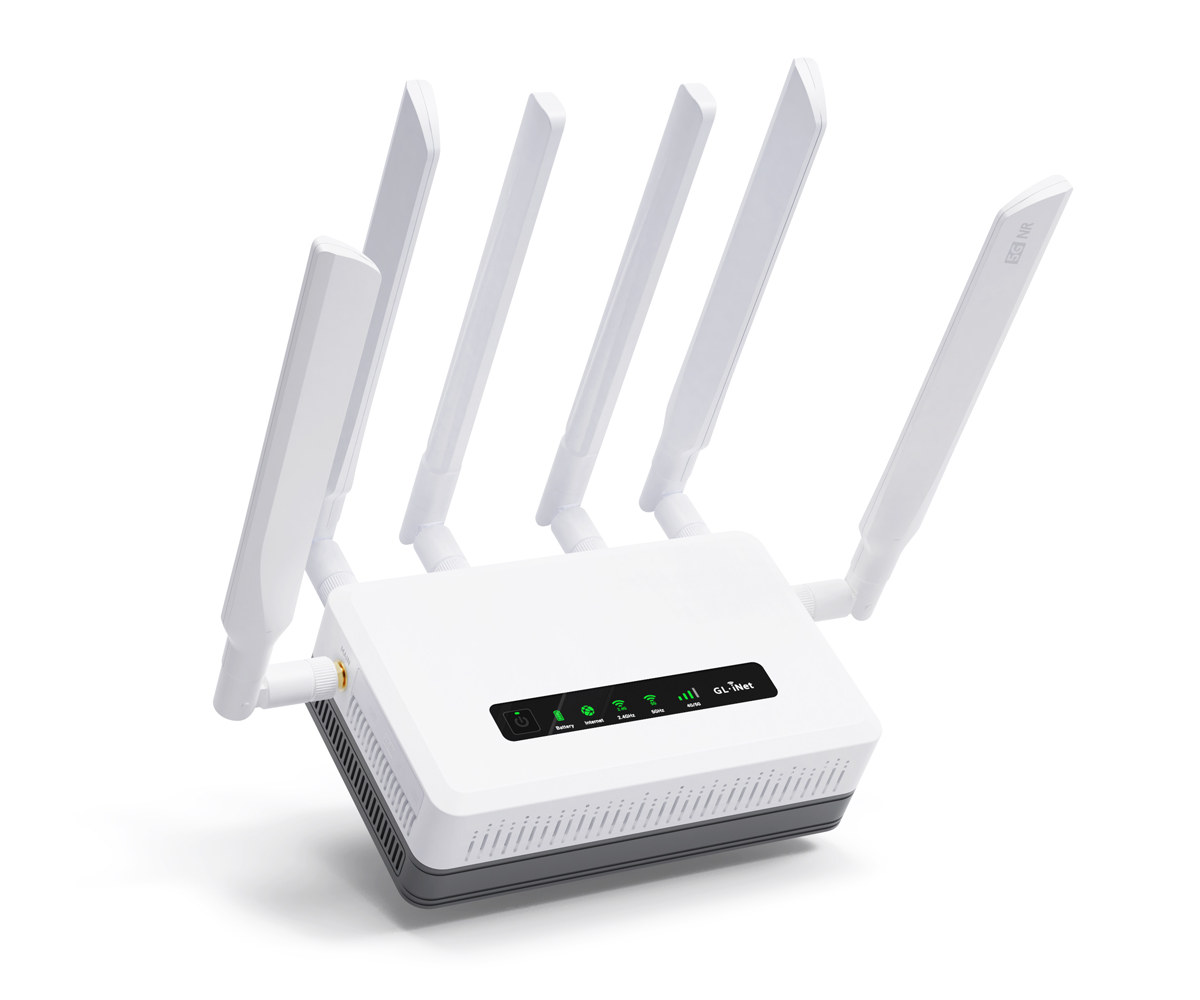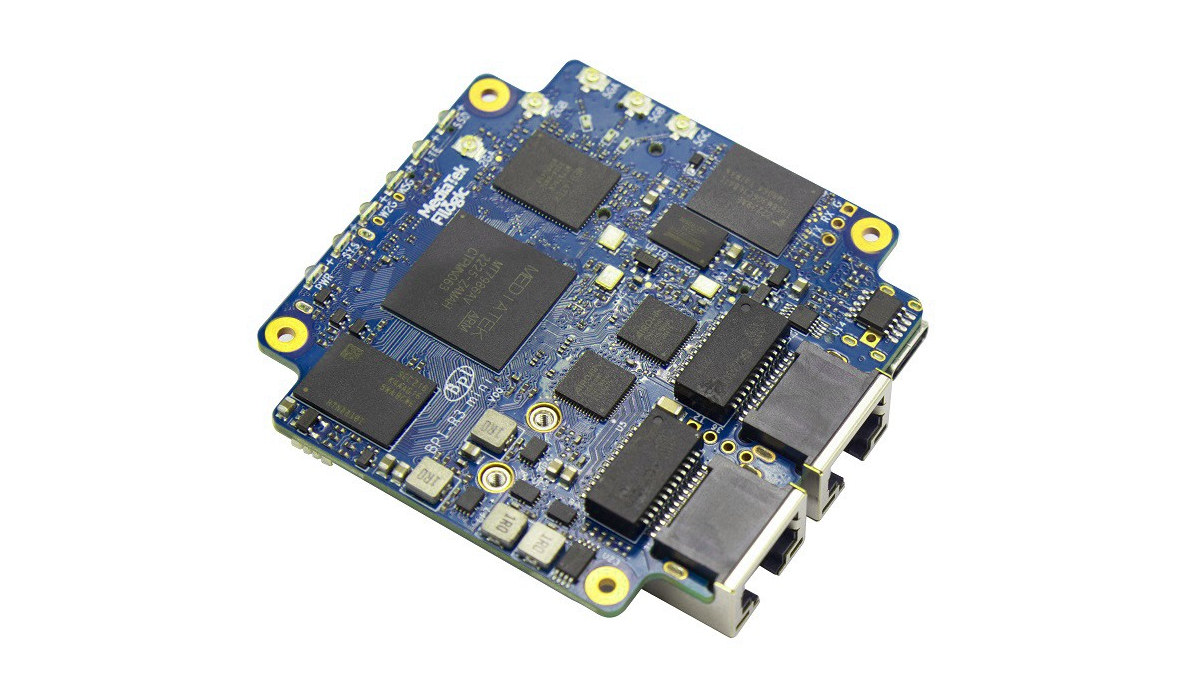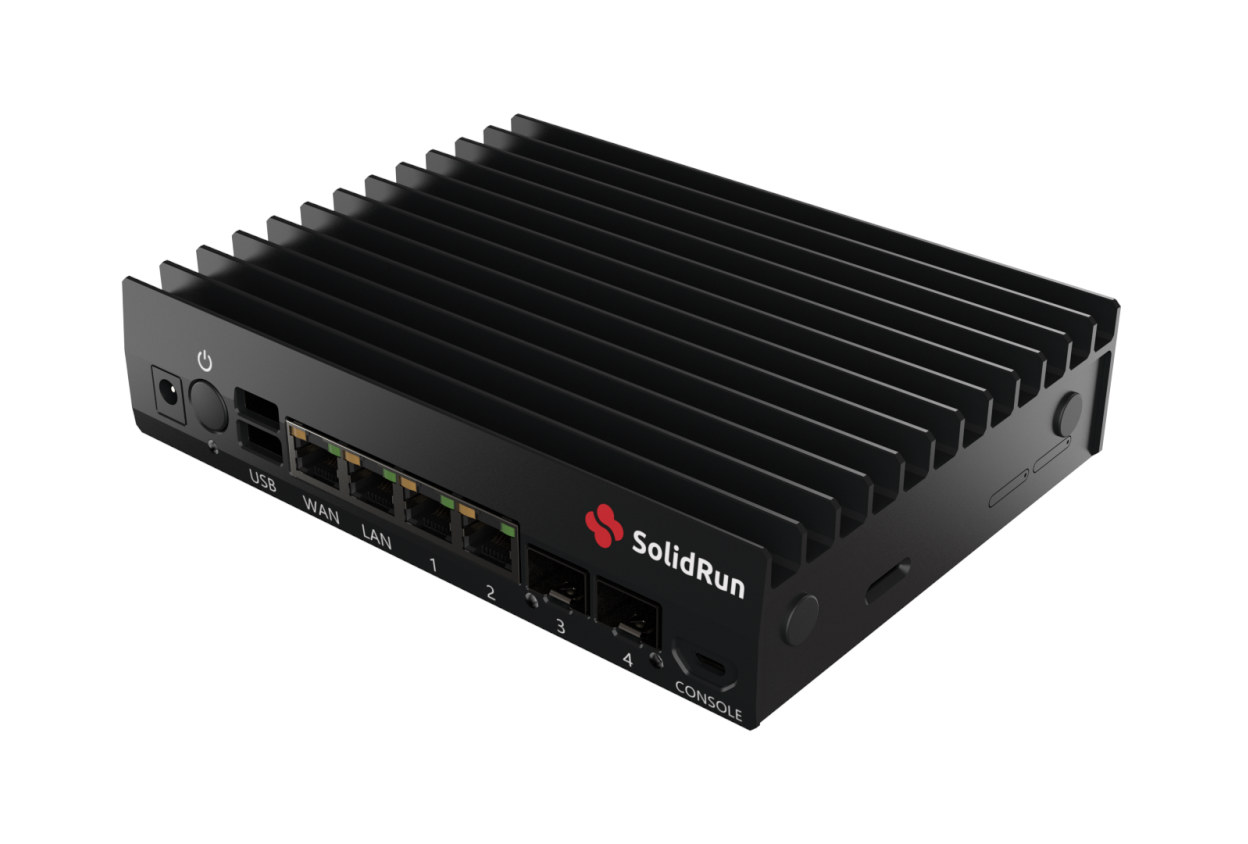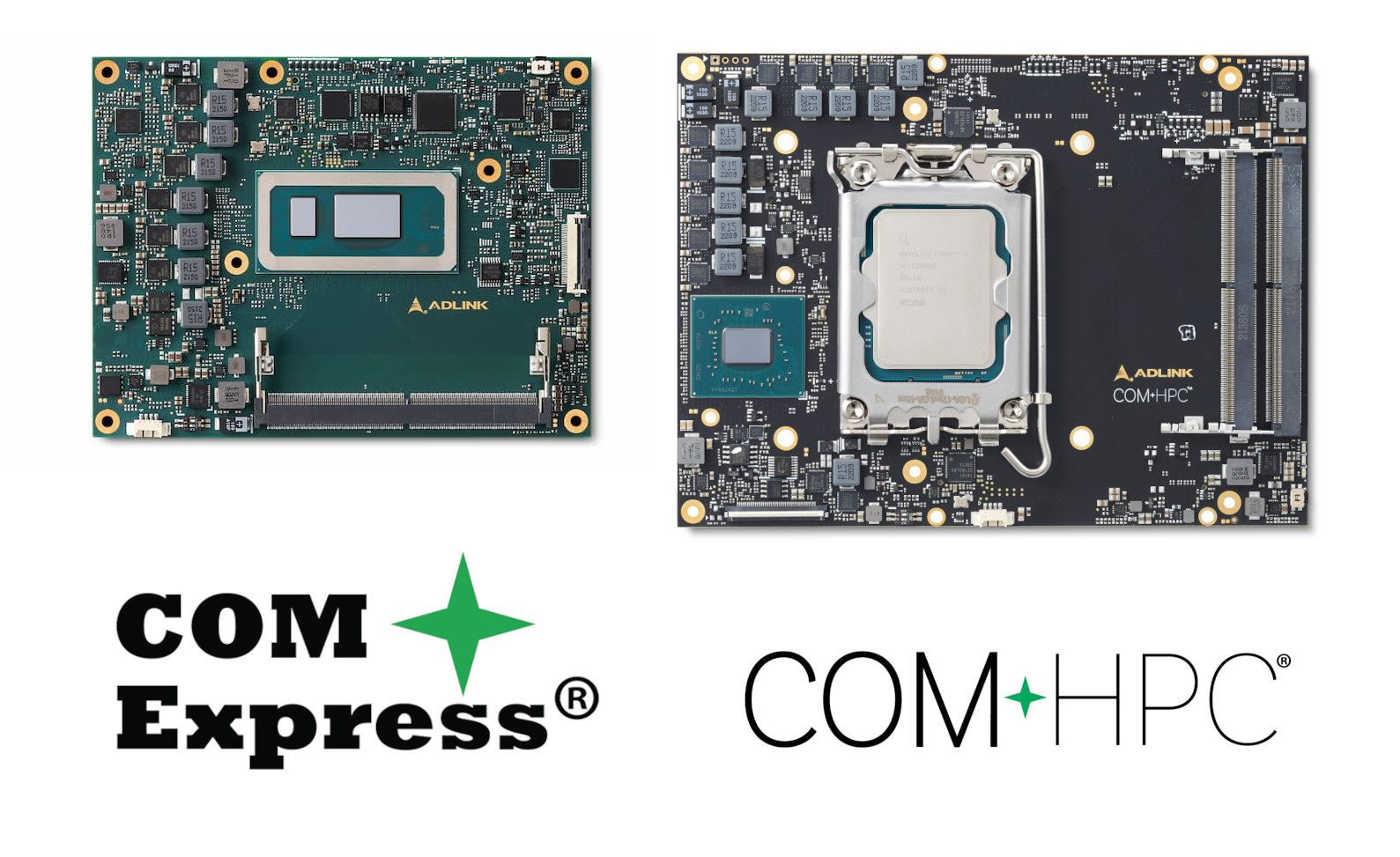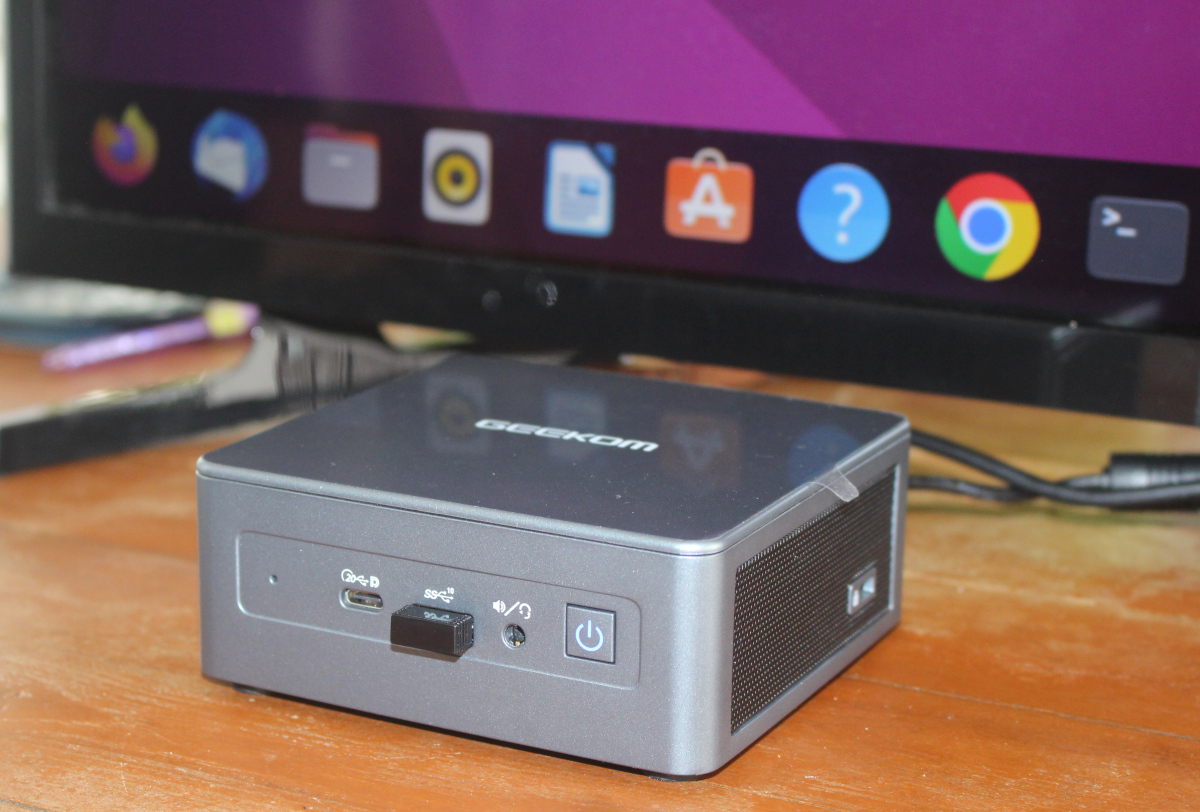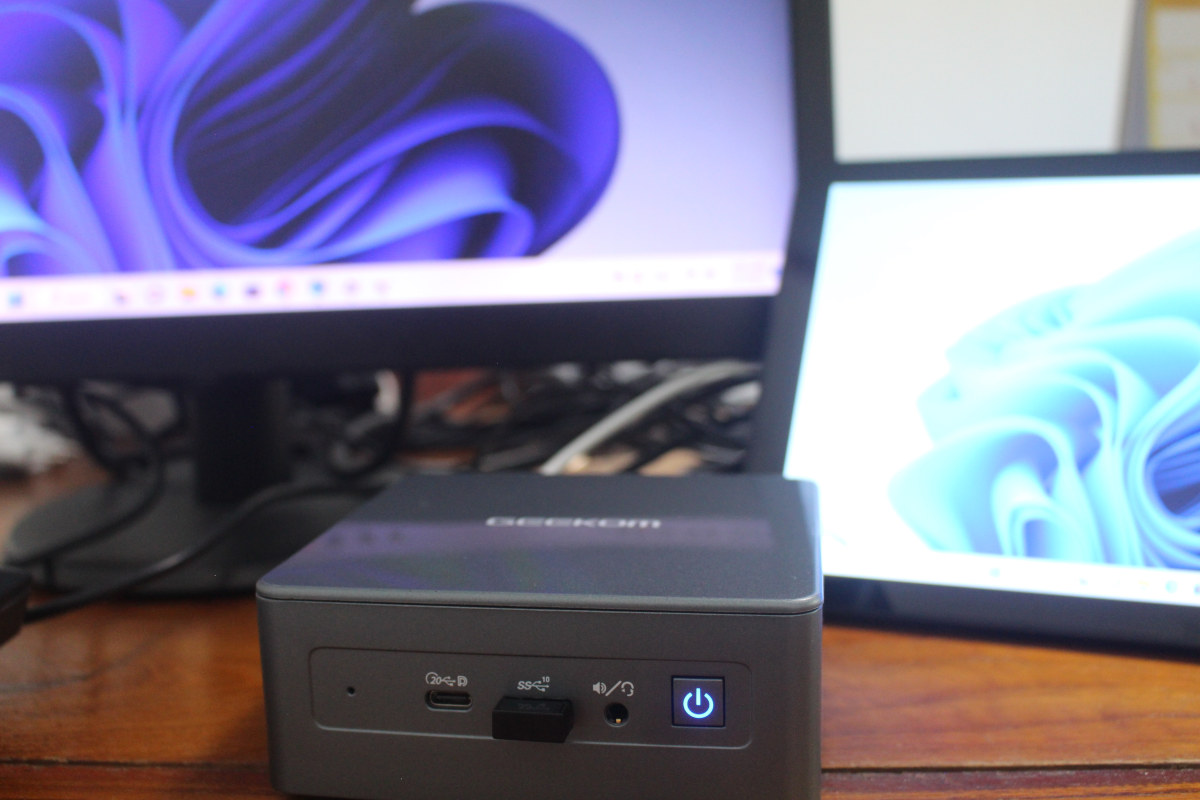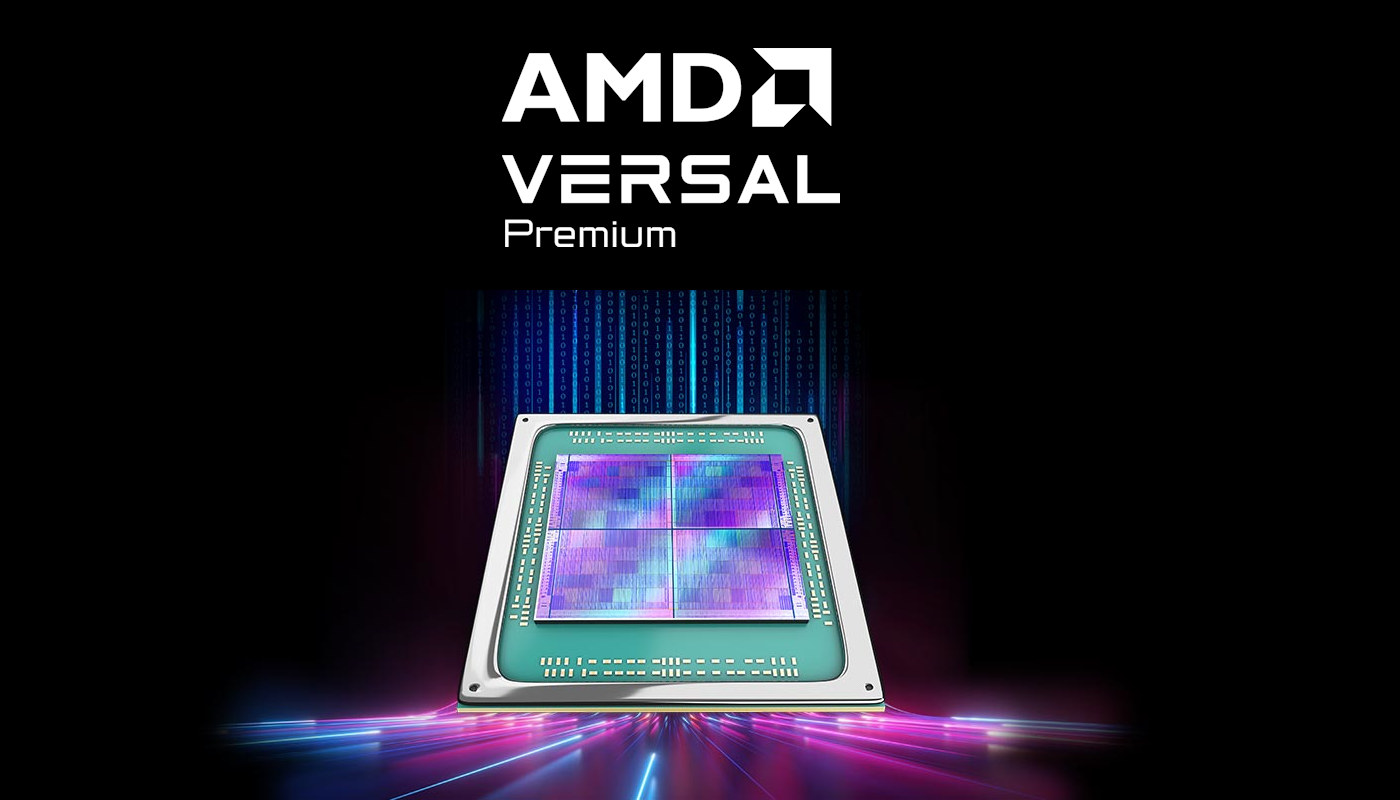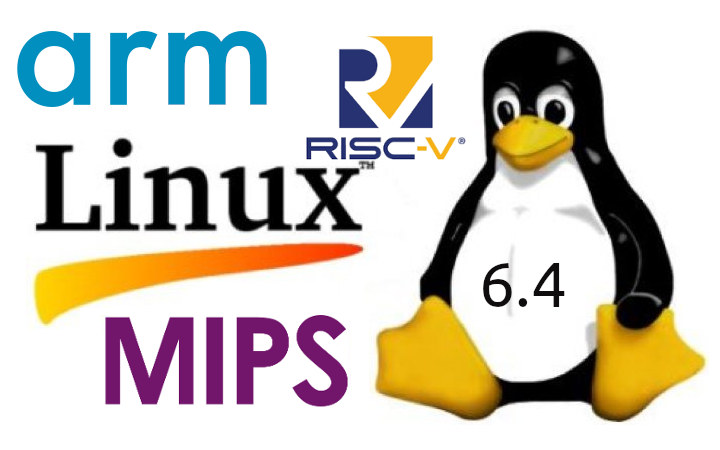GL.iNet Puli AX (also known as GL-XE3000) is a WiFi 6 and 5G cellular router with an integrated 6,400 mAh battery and running a fork of OpenWrt 21.02 on a MediaTek Filogic 820 dual-core Arm Cortex-A53 router SoC. If the design looks familiar it’s because it’s based on the same platform as the GL.iNet Spitz AX 2.5GbE, WiFi 6 and 5G cellular router that we reviewed last May, except the new Puli AX model comes with a 6,400 mAh which makes it even more convenient as a travel router. Puli AX (GL-XE3000) specifications: SoC – MediaTek MT7981A (Filogic 820) dual-core Arm Cortex-A53 processor @ 1.3 GHz System Memory – 512 MB DDR4 Storage – 8GB eMMC flash, MicroSD card slot Networking 1x 2.5GbE WAN Ethernet port 1x Gigabit Ethernet LAN port Dual-band IEEE 802.11a/b/g/n/ac/ax WiFi 6 up to 574Mbps (2.4GHz), 2,402Mbps (5GHz) RM520N-GL 5G cellular modem and 2x Nano SIM […]
Banana Pi BPI-R3 Mini – A low-profile 2.5GbE router board powered by MediaTek Filogic 830 SoC
Banana Pi BPI-R3 Mini router board is powered by MediaTek MT7986 (Filogic 830) quad-core Arm Cortex-A53 processor with 2GB DDR4, an 8GB eMMC flash, two low-profile 2.5GbE ports, and WiFi 6 support. It also comes with an M.2 PCIe socket that can be used with an NVMe SSD or a 5G cellular module. The BPI-R3 Mini is based on many of the same chips as found on the Banana Pi BPI-R3 board, but with a much more compact design that makes it suitable as a 2.5GbE firewall, wireless router or repeater, home security gateway, home automation gateway, NAS device, and more. Banana Pi BPI-R3 Mini specifications: SoC – MediaTek MT7986A (Filogic 830) quad-core Arm Cortex-A53 processor with hardware acceleration engines for Wi-Fi offloading and networking System Memory – 2GB DDR4 RAM Storage – 8GB eMMC flash, 128MB NAND flash, M.2 2230 NVMe SSD socket Networking 2x 2.5GbE RJ45 ports via […]
SolidWAN CN9131 is a compact SD-WAN appliance powered by a Marvell OCTEON CN9131 SoC
SolidRun has just introduced the SolidWAN CN9131 SD-WAN appliance powered by a Marvell OCTEON CN9131 quad-core Cortex-A72 processor and with a compact form factor and features that makes it suitable for small offices. The Linux-based Software Defined-WAN appliance comes with 4GB to 8GB RAM, 8GB to 64GB eMMC flash storage, plus M.2 SATA and NVMe sockets, and offers four GIgabit Ethernet ports and two 10GbE SFP+ cages for networking connectivity, as well as two USB 3.0 ports. SolidWAN CN9131 specifications: System-on-Module – CN9130 SOM with SoC – Marvell OCTEON CN9131 quad-core Arm Cortex A72 clocked at up to 2.2GHz System Memory – 4GB – 8GB (4GB default) 64-bit DDR4 @ 2400MT/s Storage – 8GB eMMC flash with options up to 64GB, 8MB SPI NOR flash Storage M.2 SATA and/or NVMe SSD (See Expansion section) MicroSD card slot accessible from the outside Networking 2x 10GbE SFP+ cages 4x Gigabit Ethenret RJ45 […]
Selecting Raptor Lake COM-HPC or COM Express modules for your application (Sponsored)
ADLINK Technology introduced the COM-HPC-cRLS (Raptor Lake-S) COM-HPC size C module and Express-RLP Raptor Lake-P COM Express Type 6 module at the beginning of the year, and while we covered the specifications for both in detail at the time of the announcement, we’ll compare the advantages and benefits of the two types of 13th generation Raptor Lake modules in this post and compare 12th gen Alder Lake-S and 13th Gen Raptor Lake-S processor performance to help potential buyers select the right one for their applications. Raptor Lake COM-HPC vs COM Express vs modules The table above provides a high-level comparison between the COM-HPC-cRLS (Raptor Lake-S) and the Express-RLP (Raptor Lake-P) modules. The Raptor Lake-S socketed processor family found in the COM-HPC provides more processing power, supports up to 128GB DDR5, and the COM-HPC standard adds support for PCIe Gen5 which is not possible with the COM Express standard. The Raptor […]
GEEKOM Mini IT11 (Core i7-11390H) review with Ubuntu 22.04 Linux (Part 3)
We’ve already reviewed GEEKOM Mini IT11 (Core i7-11390H) mini PC with Windows 11 Pro, so in the final part of the review, we’ve switched to Ubuntu 22.04 Linux operating system installed alongside Windows 11 on the Intel Core i7-11390H Tiger Lake mini PC. We’ll go through the software overview and test hardware features, run some benchmarks to evaluate the performance of the system, and report our findings with regard to power consumption and thermal performance. We’ve resized the partition in Windows 11 in the Disk Management program in order to install Ubuntu 22.04 from a USB flash drive on the Mini IT11 computer, and the installation went smoothly, and surprisingly fast according to the reviewer. Ubuntu 22.04 system information The About section in Ubuntu 22.04 Settings shows the Mini IT11 mini PC comes with an 11th Gen Intel Core i7-11390H CPU with eight threads clocked at 3.4 GHz and Intel […]
GEEKOM MINI IT11 Review – Part 2: Windows 11 Pro on an Intel Core i7-11390H mini PC
We’ve previously checked out GEEKOM Mini IT11’s hardware and accessories with some specs, an unboxing, a teardown, and a first boot of the Intel Core i7-11390H mini PC in the first part of the review. We’ve now had time to thoroughly test the Tiger Lake mini PC with Windows 11 Pro, and we’ll go through a software overview, benchmarks, power consumption, and more in the second part of the review. Software overview GEEKOM Mini IT11 (Core i7-11390H) mini PC ships with Windows 11 Pro version 21H2 OS build 22000.1219. We can further confirm the specifications with the HWiNFO64 program to show the system is based on an Intel Core i7-11390H with four cores and eight threads and Intel Iris Xe Graphics and comes with 32GB dual-channel DDR4 memory, and a 1TB NVMe SSD. The Western Digital hard drive we added to the mini PC also shows up in the list […]
AMD Versal Premium VP1902 SoC FPGA provides 18.5M logic cells for SoC emulation and prototyping
AMD Versal Premium VP1902 adaptive system-on-chip (SoC) is said to be the world’s largest adaptive SoC with the FPGA providing 18.5 million logic cells in order to streamline the verification of complex ASIC and SoC designs. The new AMD Embedded SoC FPGA offers twice the capacity of the previous generation Virtex UltraScale+ VU19P SoC FPGA and is significantly larger than the Intel Stratix 10 GX 10M FPGA with 10 million logic cells. AMD Versal Premium VP1902 highlights: 18.5 million (18,504K) system logic cells, 8,460K LUTs 6,864 DSP engines Dual-core Arm scalar processors 2x Arm Cortex-A72 application processor 2x Arm Cortex-R5F real-time processor Memory 14x hardened DDR memory controllers 239 Mbit Block RAM 619 Mbit UltraRAM Up to 160 high-speed serial transceivers, including up to 32x 112Gbps PAM-4 GTMs and up to 128x 32.75Gbps GTYPs 2,328 SelectIO resources capable of operating at up to 3.2 Gbps Integrated hard IP – 16x […]
Linux 6.4 release – Main changes, Arm, RISC-V and MIPS architectures
Linux 6.4 has just been released by Linus Torvalds on the Linux Kernel Mailing List (LKML): Hmm. Final week of 6.4 is done, and we’ve mainly got some netfilter fixes, some mm reverts, and a few tracing updates. There’s random small changes elsewhere: the usual architecture noise, a number of selftest updates, some filesystem fixes (btrfs, ksmb), etc. Most of the stuff in my mailbox the last week has been about upcoming things for 6.5, and I already have 15 pull requests pending. I appreciate all you proactive people. But that’s for tomorrow. Today we’re all busy build-testing the newest kernel release, and checking that it’s all good. Right? Released around two months ago, Linux 6.3 brought us AMD’s “automatic IBRS” Spectre defense mechanism, additional progress on the Rust front with User-mode Linux support (on x86-64 systems only), the NFS filesystem (both the client and server sides) gained support for […]


